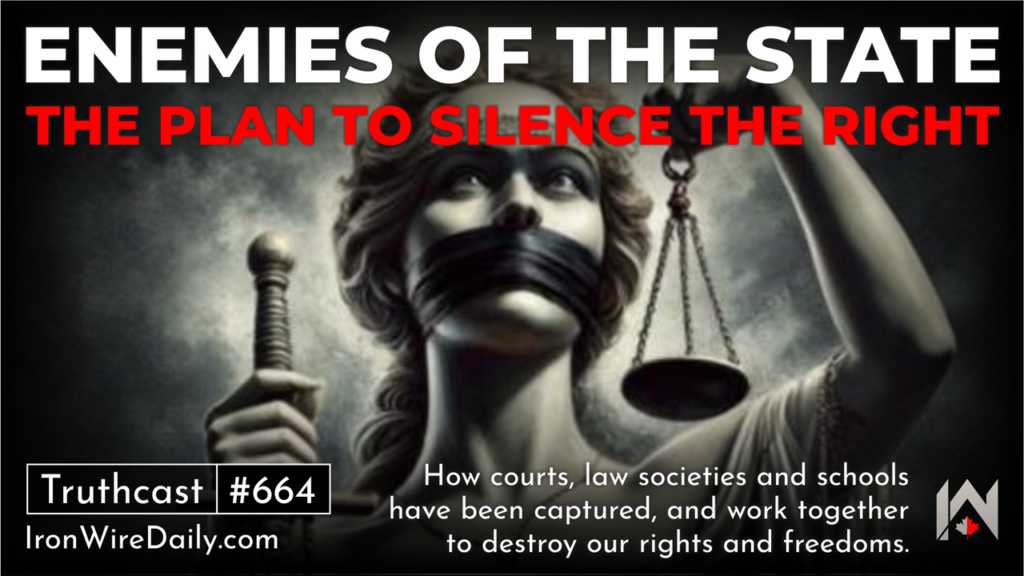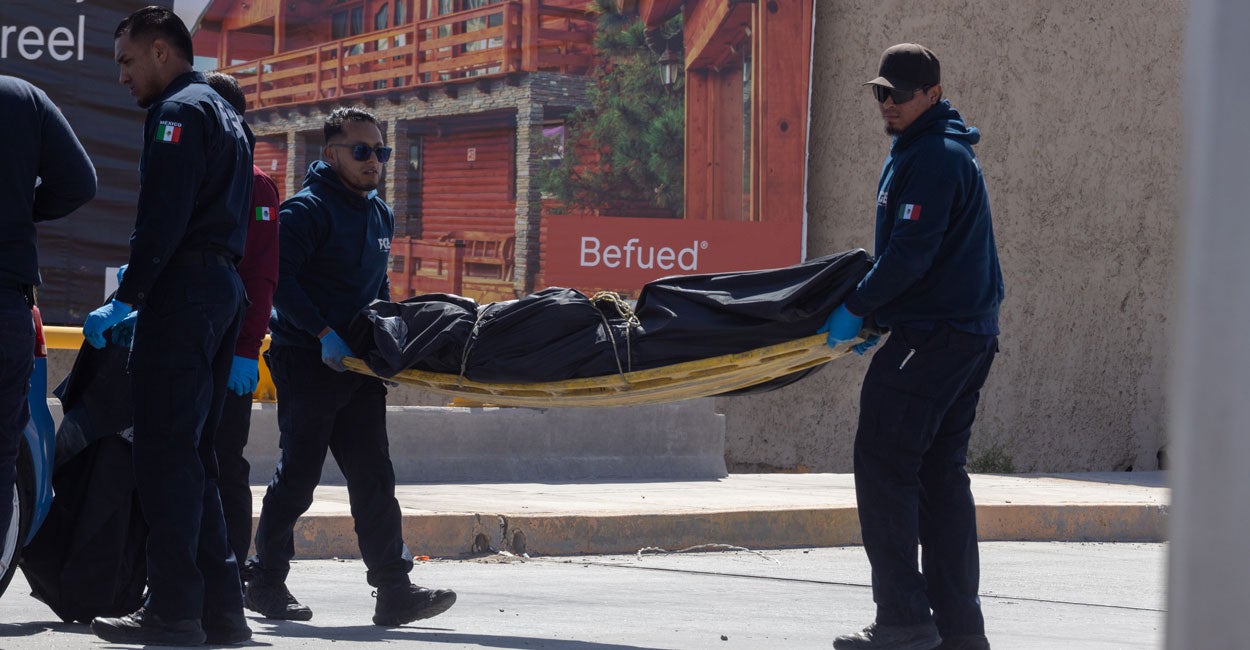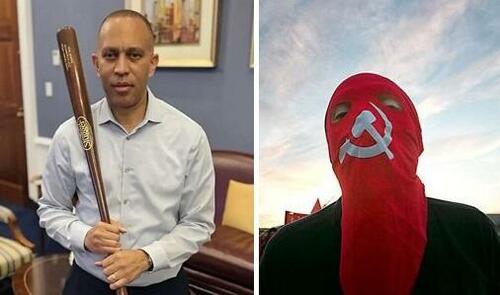Lucy Connolly Case Brought to America’s Attention by Wall Street Journal

With Lucy Connolly now languishing in jail for over 330 days for a tweet, the Wall Street Journal has run an article highlighting her plight and the sorry state of free speech in the UK and Europe, where the US First Amendment does not apply. Here’s an excerpt.
Lucy Connolly, a 41-year-old nanny in central England, has been in jail now for more than 330 days because of a message she posted on X.
Last July, Connolly was at her home, where she runs a small daycare, when news broke that three girls in the town of Southport — aged six, seven and nine — were murdered by a knife-wielding man at a dance workshop.
False rumours soon spread online that the perpetrator was a Muslim asylum seeker — he had been born in the UK to Christian immigrants from Rwanda.
Connolly, who is mother to a 12 year-old girl and a boy who died as a toddler years ago, and whose husband was then a Conservative councillor for their county, tapped out an angry message to her 6,000 followers that evening:
“Mass deportation now. Set fire to all the f—ing hotels full of the bastards for all I care. While you’re at it, take the treacherous government and politicians with them. I feel physically sick knowing what these families will now have to endure. If that makes me racist, so be it.”
A few hours later, after cooling off and walking the family dog, she deleted the post. It had been retweeted 940 times. In the days that followed, anger over the attack and online misinformation led to days of riots, including several instances where protesters tried to set fire to hotels used by asylum seekers.
Connolly received a 31-month prison sentence for publishing material intending to stir up racial hatred. Her appeal was rejected. Her sentence was longer than many of the rioters themselves sentenced for criminal damage such as smashing up cars. “Lucy got more time in jail for one tweet than some paedophiles and domestic abusers get,” said her husband, Ray Connolly.
The Connolly case is helping fuel a debate about free speech in the UK, a debate also playing out across Europe. While the US First Amendment stipulates that Congress “shall make no law” to restrict free speech, and hate speech is generally protected, governments aren’t so constrained in Europe. In a continent scarred by the Holocaust, loosely defined hate-speech laws and the rise of social media have created fertile ground for authorities to crack down on those seen to be stirring up trouble. Rarely a week goes by without a tale of zealous policing.
A German Right-wing journalist posted a fake image online of the interior minister holding a sign that read “I hate freedom of opinion” and was subsequently handed a seven-month suspended prison sentence. A woman who posted images of politicians with painted-on Hitler moustaches and called a minister a terrorist was fined about $690.
In France, a woman spent 23 hours in custody for giving French President Emmanuel Macron the middle finger. (She was acquitted after arguing she had pointed her finger in the air and not directly at the President.) Denmark passed a new law outlawing “improper treatment” of religious texts after a series of incidents in recent years when Quran burnings sparked an angry response. A landmark trial began in May for two men accused of burning a Quran at a folk festival in front of an audience.
Another controversy arrived in the UK last week during the Glastonbury music festival, after British duo Bob Vylan led chants of “Death, death to the IDF,” referring to the Israel Defence Forces. Police launched a criminal investigation into whether the statements constituted a hate crime. The band has said it doesn’t advocate the death of any group of people but that “we are for the dismantling of a violent military machine”.
Cases like Connolly’s are partly why the Trump administration, including Vice President JD Vance, have sharply criticized European governments for curbing free speech. The administration has also taken aim at European laws to police online content, making US tech firms such as X responsible for ensuring certain types of harmful material aren’t published. The US State Department has said such laws are leading to a “global censorship-industrial complex”. …
British police made 12,183 arrests in 2023 — an average of 33 a day — under laws that make it illegal to say something “grossly offensive” or share content of an “indecent, obscene or menacing character” via a public communications network — up by 58% compared with 2019.
A spokesperson for the National Police Chiefs’ Council said officers aren’t trying to “police political views” but to protect the public, adding that “in every decision we must balance the right to freedom of expression with the right to tackle crime.”
Critics say police struggle to define what is indecent or obscene. In the U.K., a woman was recently charged for having a bumper sticker with an expletive.
“It’s going to get a lot worse,” said Toby Young, the founder of the Free Speech Union, which funds the legal defence of people in several countries who are arrested over free-speech matters. His group’s paid membership has nearly doubled to 25,000 over the past year, with the money used to defend people like [Koran-burner] Hamit Coskun. …
Britain’s crackdown on speech is particularly surprising given its role in pioneering Western democracy. British legislators are debating a new employment law dubbed the ‘banter ban’, which would hold employers responsible for offensive comments made within earshot of employees in the workplace. The government recently considered banning ‘legal but harmful’ speech on social-media platforms, a plan abandoned over concerns that such demands to tech companies could jeopardise trade negotiations with the U.S.
The UK police are investigating an escalating number of ‘non-crime hate incidents’, where people can notify the police if someone says something that targets their ‘personal characteristics’. This is aimed at stamping out racist abuse or other harassment, but free-speech campaigners say it has been weaponised.
Those who claim to be a victim can report anyone for anything perceived to be hateful and don’t have to provide evidence of harm. Examples include a schoolchild investigated for calling a classmate a “retard” and a former police officer probed for making allegedly anti-transgender comments on Twitter. He later won his case in court.
The Free Speech Union calculated that there were 250,000 NCHIs recorded between 2014 and 2024 — an average of 68 a day. In some cases, the alleged perpetrator’s name is recorded on police records, which could turn up in background checks and affect the person’s ability to get a job, the FSU says.














